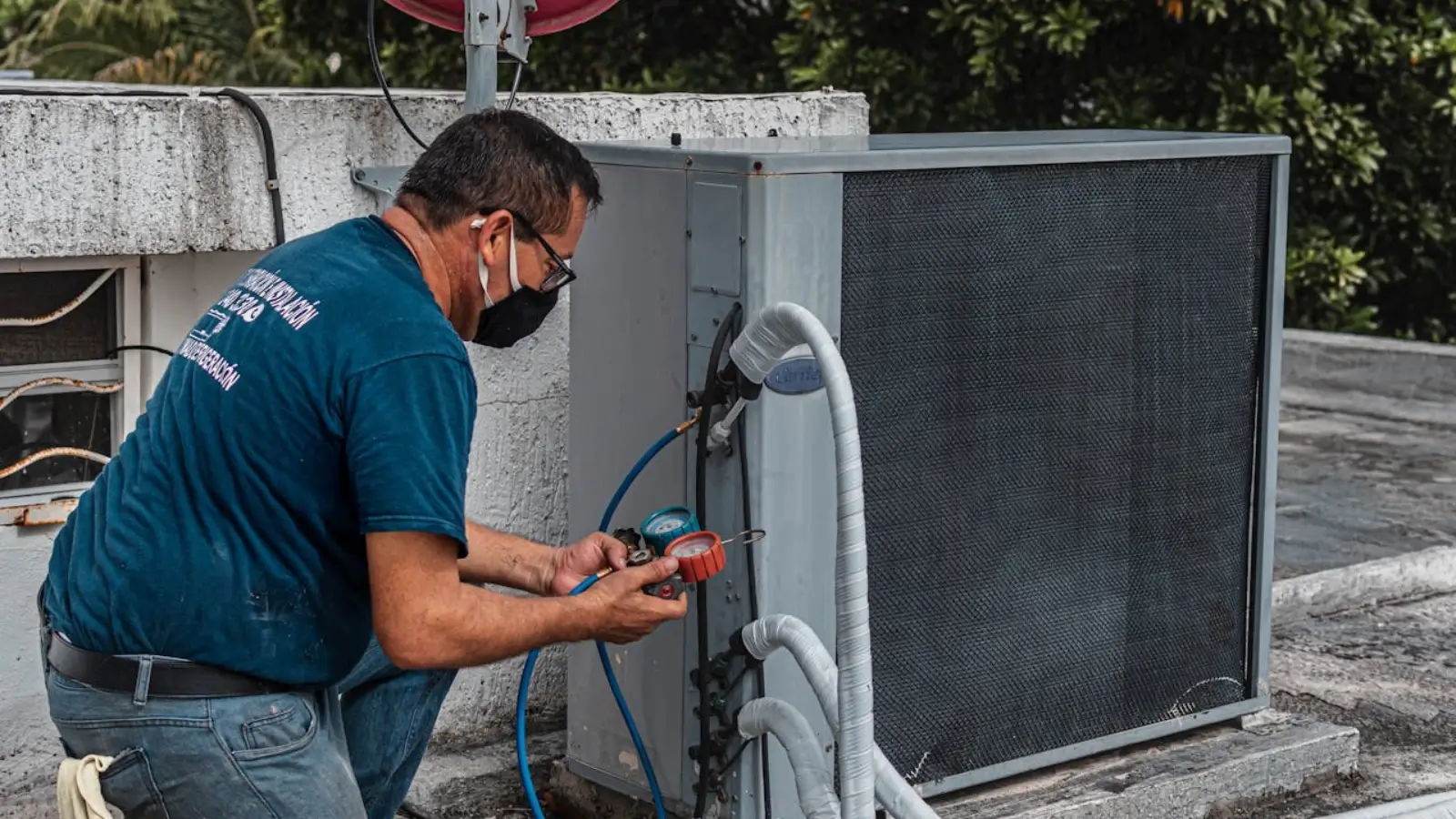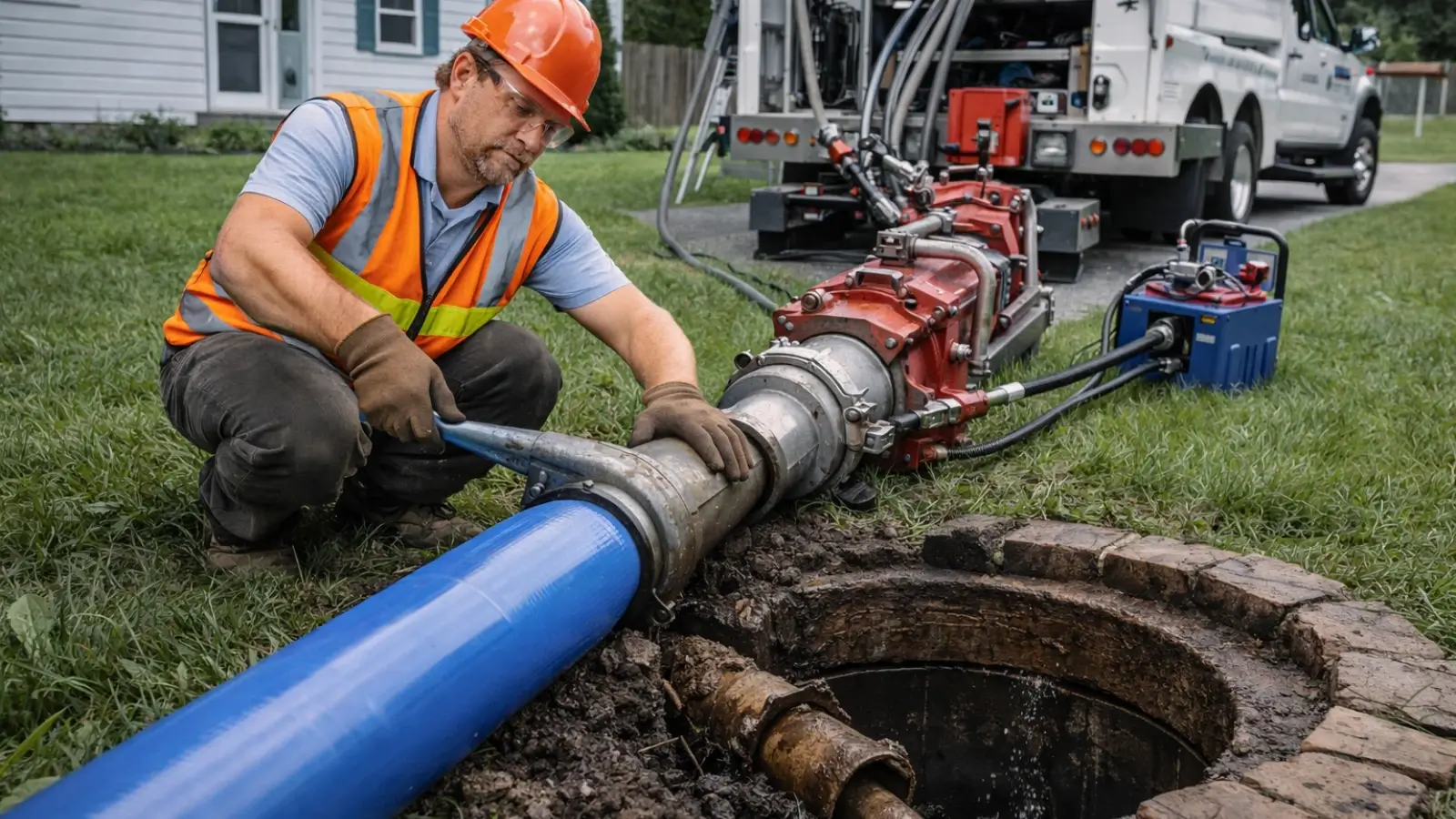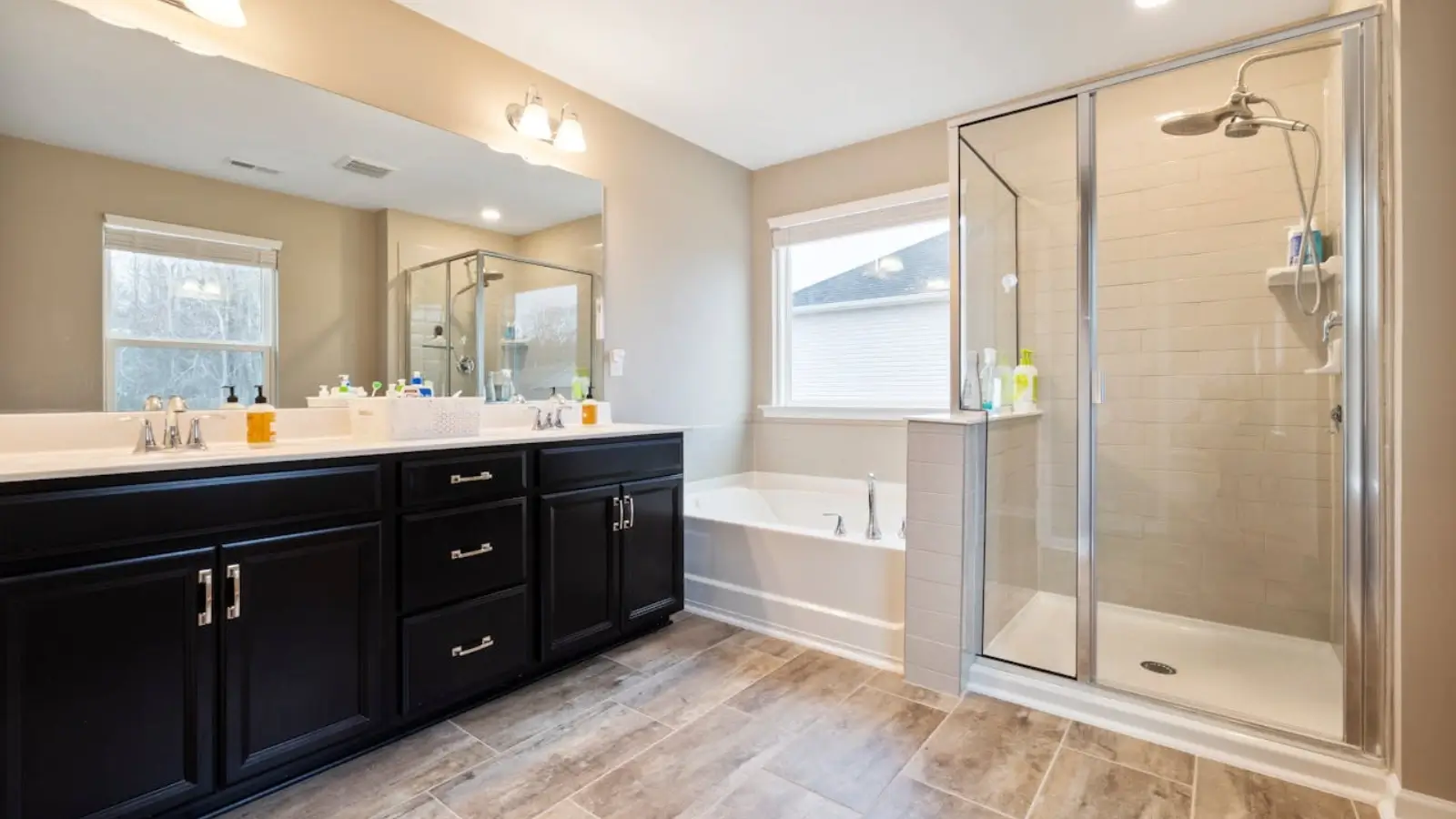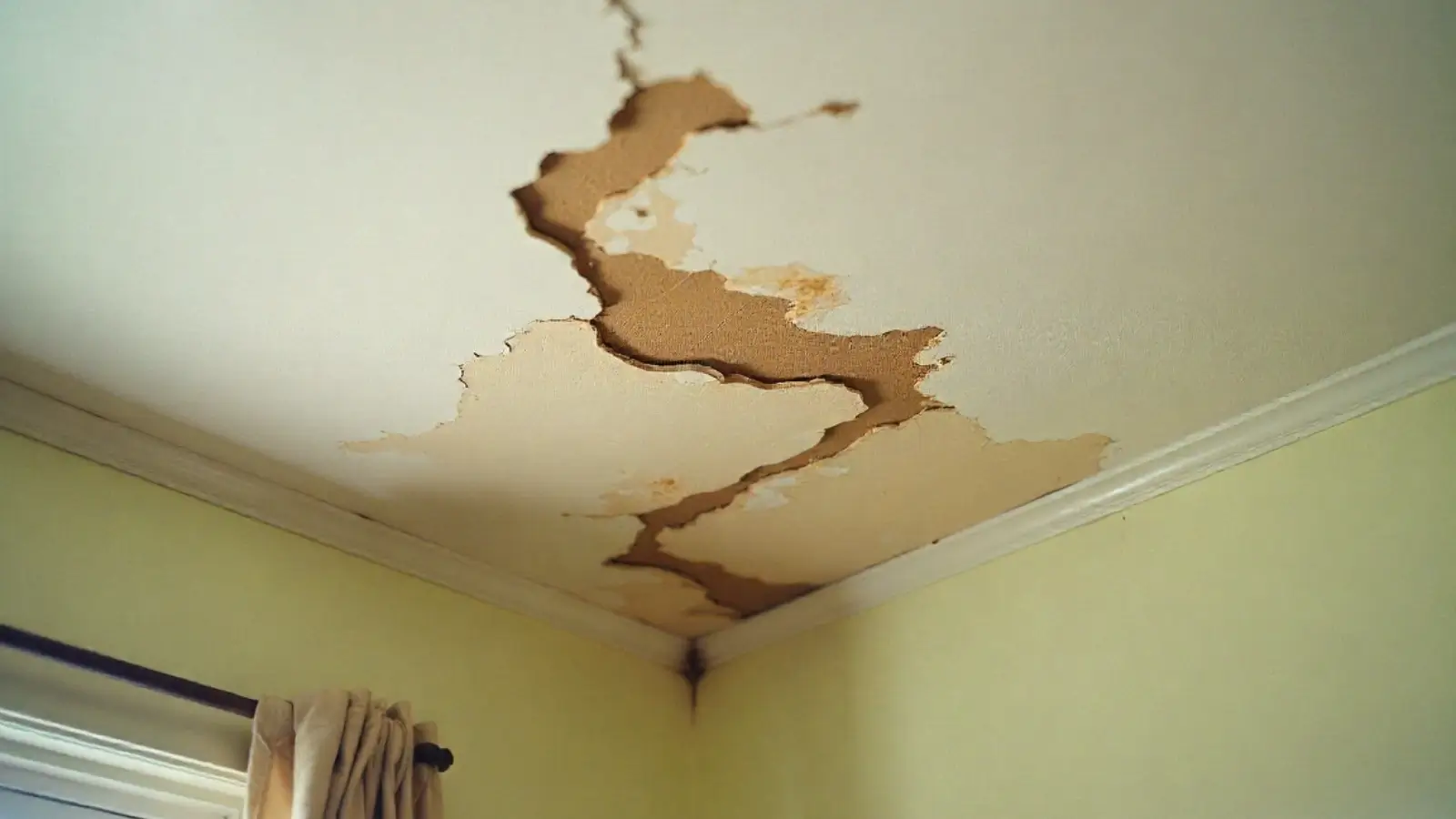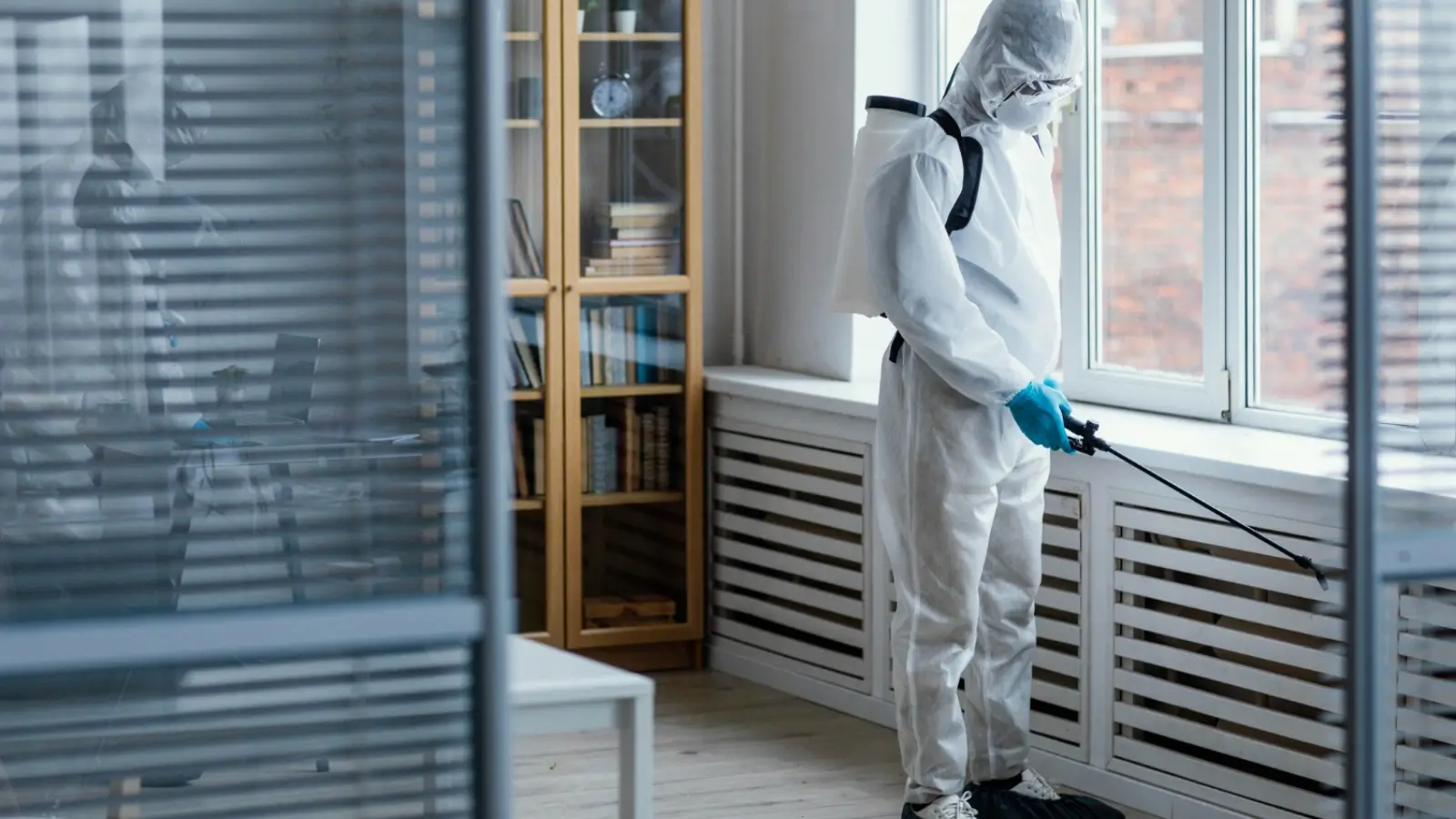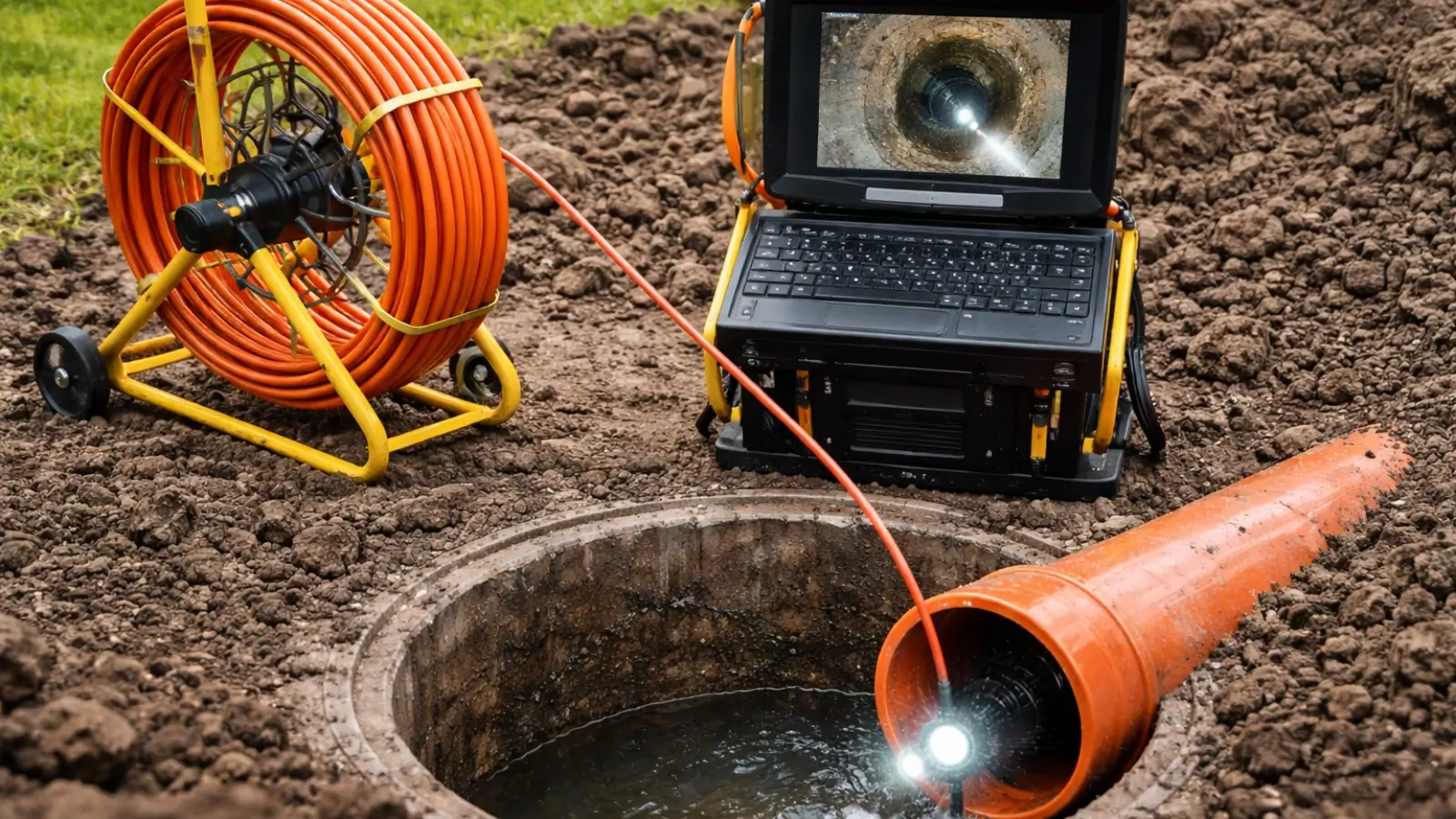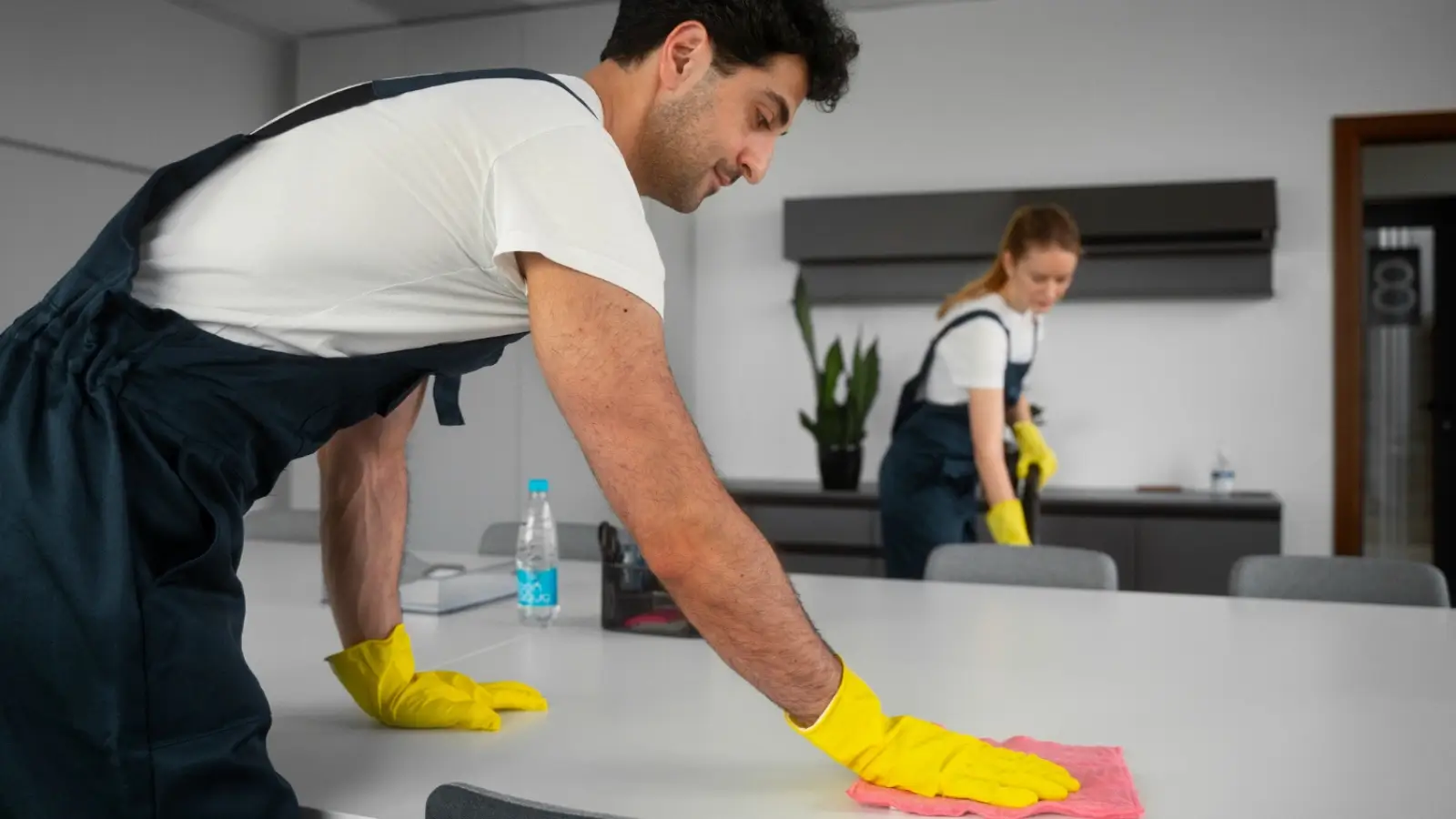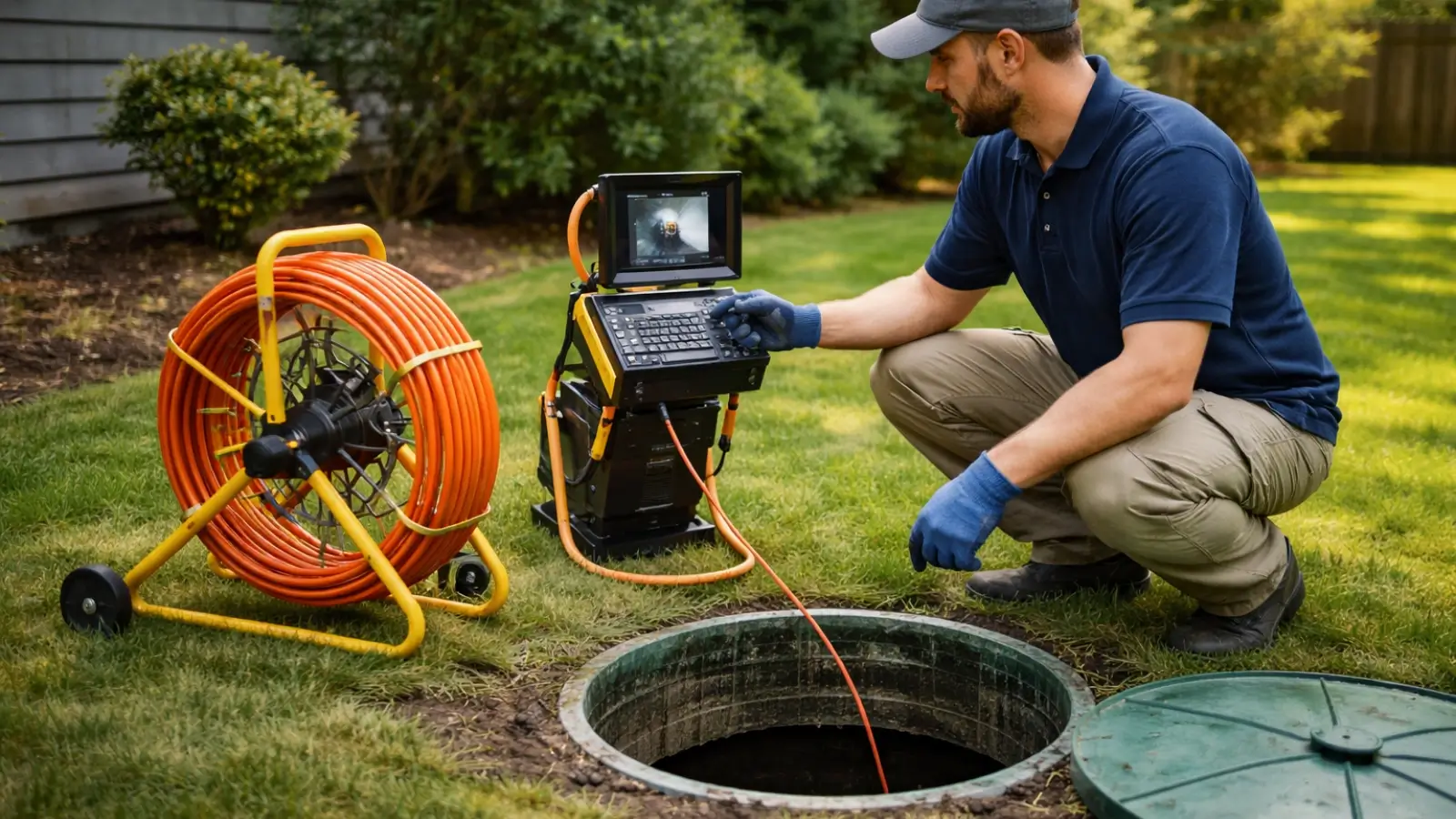Imagine driving your car for years without ever changing the oil sounds like a disaster waiting to happen, right? Well, the same logic applies to your HVAC system. These systems work tirelessly to keep your home comfortable year-round, but without regular service, they can wear out much sooner than expected.
In this guide, we’ll break down why consistent HVAC maintenance isn’t just a good idea it’s the key to ensuring your system lasts for many years.
Understanding Your HVAC System
What is an HVAC System?
HVAC stands for Heating, Ventilation, and Air Conditioning. It’s the technology that maintains indoor comfort by regulating temperature, humidity, and air quality.
Main Components of HVAC
- Heating Unit – Usually a furnace or heat pump.
- Cooling Unit – Typically an air conditioner or heat pump.
- Ventilation System – Includes ductwork, filters, and vents.
How It Works to Keep You Comfortable
Your HVAC system circulates conditioned air throughout your home, adjusting temperature and removing excess humidity. It's a continuous cycle that requires every component to work efficiently, and scheduling regular HVAC services helps maintain optimal performance and indoor comfort.
Common Reasons HVAC Systems Wear Out Early
1. Neglected Maintenance
Skipping maintenance means small issues can escalate into costly breakdowns.
2. Overuse and Improper Usage
Running your system at extreme temperatures for long periods strains its components.
3. Dust and Dirt Build-Up
Clogged filters and dirty coils reduce efficiency and cause the system to work harder.
4. Faulty Parts and Delayed Repairs
Ignoring strange noises or reduced performance can lead to bigger, more expensive problems.
Benefits of Regular HVAC Service
1. Extends Lifespan
Regular tune-ups keep components running smoothly, reducing wear and tear.
2. Improves Energy Efficiency
A well-maintained system uses less energy, saving money on utility bills.
3. Prevents Major Breakdowns
Routine checks catch problems before they become emergencies.
4. Enhances Indoor Air Quality
Clean filters and ducts mean healthier air for you and your family.
Key Maintenance Practices for Longevity
1. Seasonal Inspections
Have your system inspected before summer and winter to ensure peak performance.
2. Cleaning or Replacing Filters
Dirty filters restrict airflow, making your system work harder. Replace them every 1–3 months.
3. Checking Refrigerant Levels
Low refrigerant can damage your compressor and reduce cooling efficiency.
4. Lubricating Moving Parts
Reduces friction and wear on motors and fans.
5. Inspecting Electrical Connections
Loose or corroded wires can cause system failures or safety hazards.
How Often Should You Service Your HVAC?
Recommended Service Frequency
Experts recommend servicing your HVAC at least twice a year—once in spring and once in fall.
Signs You Need Immediate Servicing
- Weak airflow
- Unusual noises
- Rising energy bills
- Uneven cooling or heating
Professional HVAC Service vs. DIY
Benefits of Hiring a Professional
Technicians have the tools and training to detect hidden problems and optimize performance.
What You Can Do Yourself
Change filters, keep vents clear, and monitor thermostat settings.
Cost of Regular HVAC Maintenance vs. Repairs
Why Prevention is Cheaper than Fixing
Paying for a small tune-up twice a year is far more affordable than replacing a burned-out compressor or installing a new unit prematurely.
Tips to Maximize Your HVAC’s Lifespan
1. Maintain a Consistent Temperature
Frequent temperature changes can stress your system.
2. Use a Programmable Thermostat
It helps balance comfort and efficiency without overworking your HVAC.
3. Keep Outdoor Units Clear
Remove debris, leaves, and obstructions to ensure proper airflow.
Conclusion
Your HVAC system is a long-term investment, and like any valuable asset, it deserves proper care. Regular servicing keeps it running efficiently, reduces breakdown risks, and can add years to its life. Think of it as giving your HVAC a spa day twice a year because a little pampering goes a long way in preventing expensive problems.
FAQs
1. How long does a well-maintained HVAC system last
With proper maintenance, most systems last 15–20 years.
2. Can I service my HVAC system myself?
You can handle basic tasks like filter changes, but major servicing should be left to professionals.
3. What happens if I skip HVAC maintenance?
Your system may lose efficiency, face more breakdowns, and have a shorter lifespan.
4. Is twice-a-year maintenance really necessary
Yes, seasonal tune-ups prepare your system for peak summer and winter demand.
5. Will regular maintenance lower my energy bills
Absolutely efficient systems use less energy, which means smaller utility bills.

